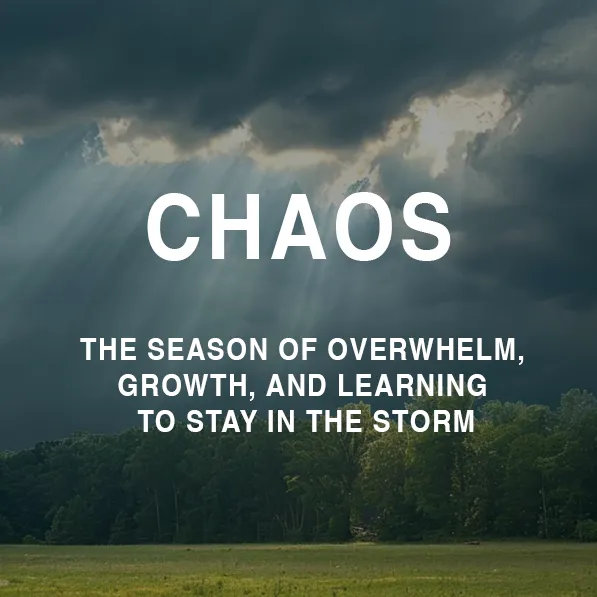
Step 3: Control - The Season of Stability, Structure, and Confident Decision-Making
Control is the stage where things finally begin to make sense. The business is no longer unpredictable. There is rhythm. There is reliability. Problems still exist — but they no longer feel threatening. You have room to think. And thinking is the beginning of leadership.
In Step 3, the business becomes manageable. Not effortless, not automatic, but stable. The systems you began building in Chaos start working. Delegation starts paying off. Communication becomes clearer. The business is not running perfectly — but it is running consistently.
This stage is defined by one key shift: You no longer spend your time solving emergencies. You spend your time improving operations. Stability is not accidental — it is intentional. You create schedules, define roles, set priorities, and track performance not because it’s “corporate,” but because clarity protects energy.
Control is where your decisions become data-driven. Not driven by panic. Not driven by insecurity. Not driven by the fear of losing momentum. You begin measuring what matters — leads, conversions, delivery quality, cash flow health. Once you can measure reality, you can shape it.
Your team also evolves in this stage. People are no longer just completing tasks. They begin owning results. Clear responsibilities replace improvisation. Performance expectations replace emotional management. The business begins to feel like an organized organism rather than a scramble of moving parts.
This is the stage where you, the entrepreneur, move from Doer to Leader. You stop carrying the business. You begin directing it. Your identity adjusts. Your calendar shifts. Your role becomes more strategic and less reactive.
And this opens space — space for thinking, space for planning, space for growth that is intentional instead of accidental.
When Control matures, the business becomes capable of scale. And that leads to Step 4: Prosperity — where the business begins not just to run well, but to thrive.
